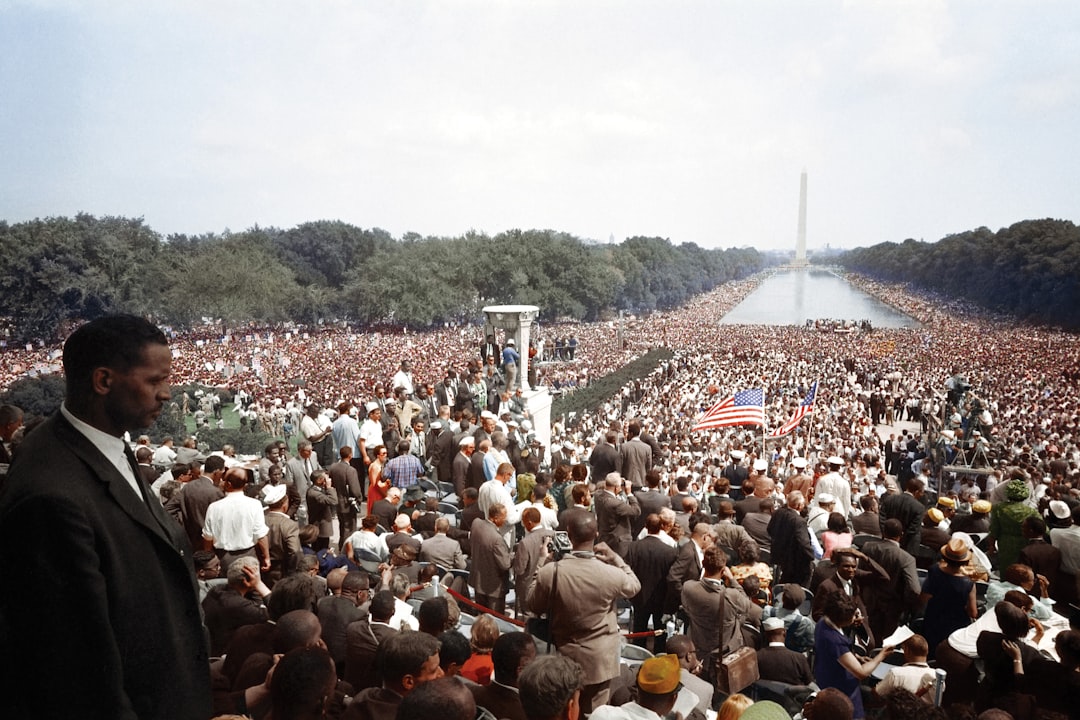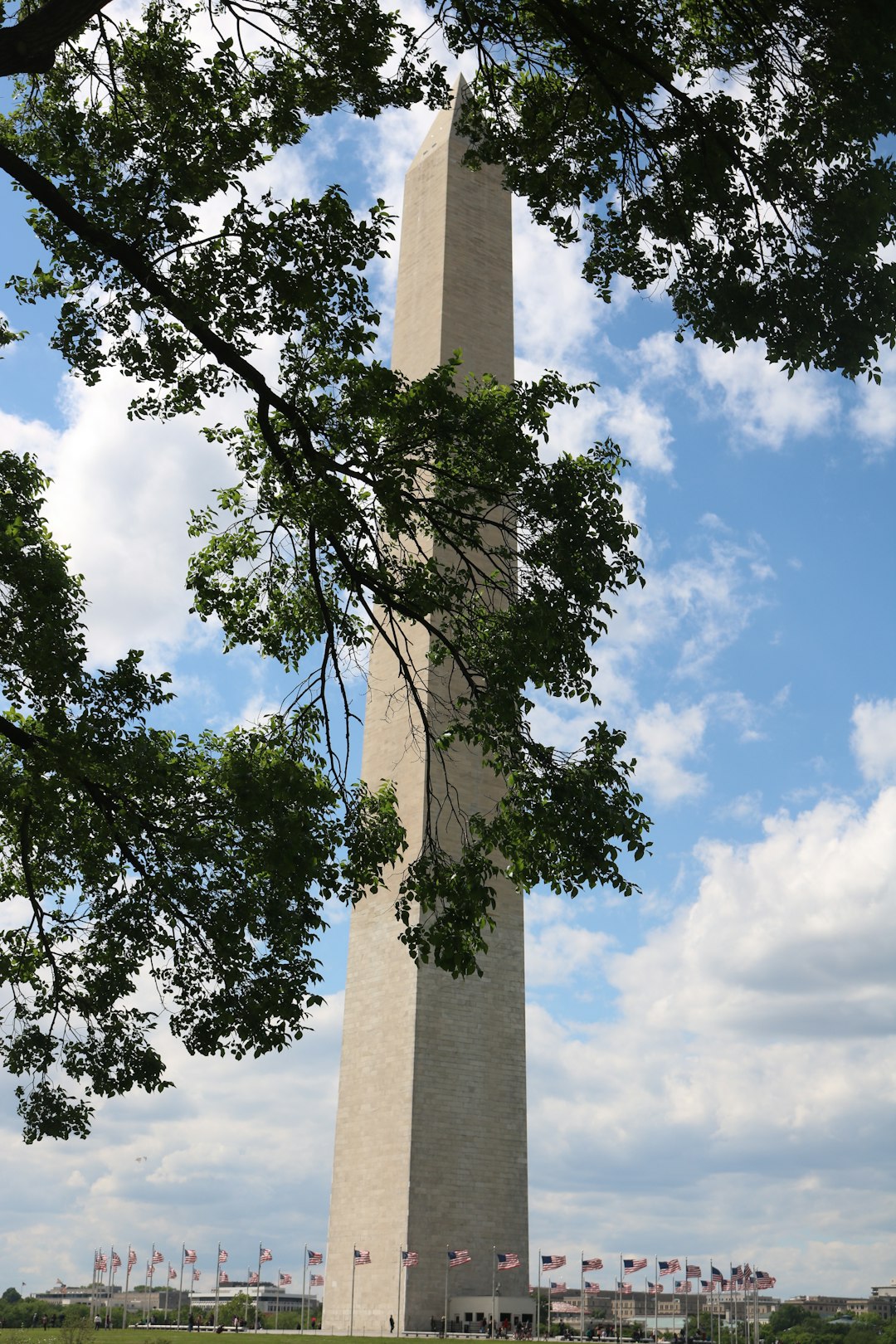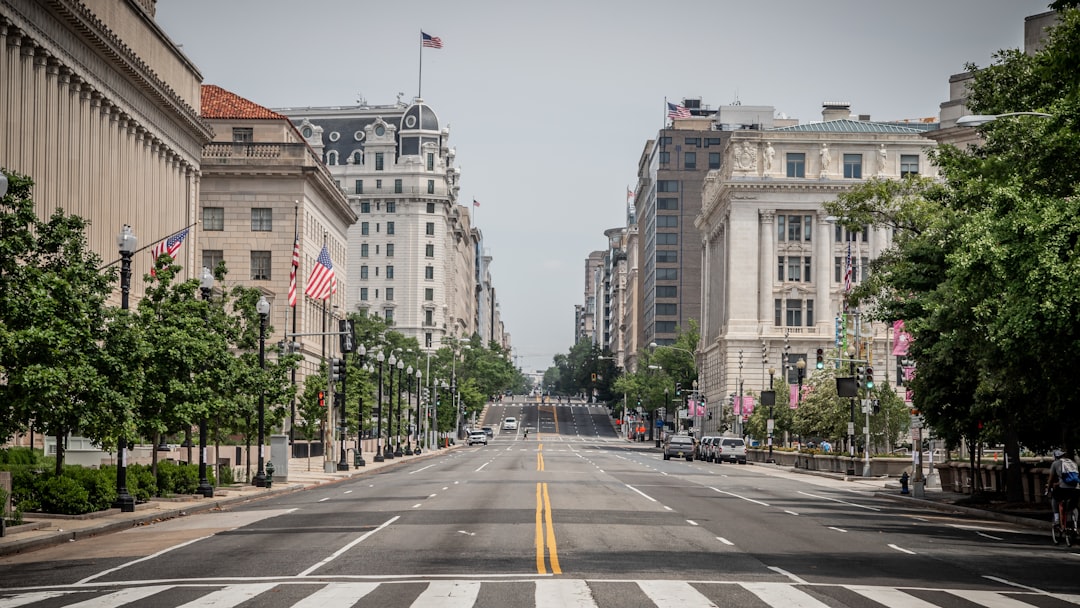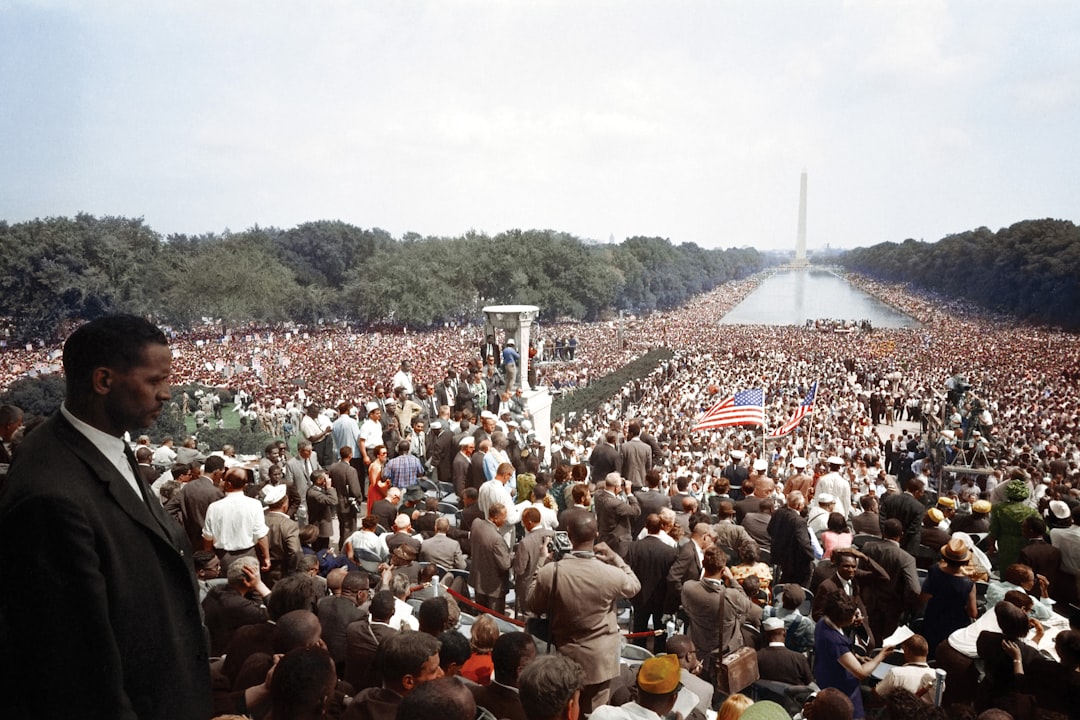In the modern urban environment of Washington D.C., consumers face a growing issue of spam calls and telephone harassment, leading many to seek legal recourse with spam call lawyers DC. These attorneys navigate complex federal laws like the TCPA and state legislation to combat persistent abusers, staying updated on legislative changes for effective representation. They educate victims and law enforcement about the prevalence and impact of spam calls, advocating for stricter regulations to protect residents from unwanted communications.
In the digital age, consumers in Washington, D.C. face unique challenges from persistent and often harassing phone calls, known as spam calls. This article delves into the growing problem of telephone consumer harassment targeting residents of the District, exploring legal frameworks and advocating for effective strategies to protect consumers. With a focus on DC’s specific regulations, we examine the role of spam call lawyers in addressing this complex issue, providing insights for those seeking relief from unwanted communications.
Understanding the Prevalence of Spam Calls and Consumer Harassment in DC

In the modern era, consumers in the District of Columbia, like many other urban areas, face a persistent and growing issue: spam calls and consumer harassment through telephone communications. What may start as a simple nuisance quickly escalates into a significant challenge for individuals who become targets of repeated unwanted calls from telemarketers, scammers, or debt collectors. With the advancement in technology, these perpetrators employ sophisticated methods to track and target specific consumers, making it increasingly difficult for residents to escape this harassment.
The prevalence of spam calls in DC is not merely anecdotal; numerous studies and consumer complaints underscore the urgency of the situation. Many victims struggle with emotional distress, disrupted daily routines, and even financial losses due to the relentless nature of these calls. As a result, there is a growing need for effective legal recourse, prompting an increasing number of consumers to turn to spam call lawyers DC to seek justice and put an end to this pervasive problem.
Legal Frameworks and Challenges in Representing Victims of Telephone Harassment

Representing victims of telephone harassment, particularly in the context of spam calls targeting consumers in the District of Columbia, navigates a complex legal landscape. The Telephone Consumer Protection Act (TCPA) serves as a cornerstone of federal legislation aimed at curbing abusive phone marketing practices. However, navigating TCPA claims can present significant challenges for attorneys due to its stringent requirements and evolving interpretations by courts.
One primary challenge is establishing liability, especially when defendants employ sophisticated techniques to evade identification. Spam call lawyers DC often face the task of proving that a defendant intentionally or knowingly violated TCPA provisions. Furthermore, variations in state and federal laws necessitate careful consideration during representation, requiring attorneys to stay abreast of legislative updates and case precedents to ensure robust legal strategies for their clients.
Strategies for Effective Advocacy on Behalf of DC Consumers Targeted by Spam Calls

Advocacy for consumers targeted by spam calls in the District of Columbia requires a strategic approach to effectively represent and protect their rights. One key strategy is to leverage legal expertise specifically tailored to address telephone harassment. Spam call lawyers DC are equipped to navigate the nuances of local laws and regulations, ensuring that victims receive justice and relief. These attorneys can help consumers understand their legal options, including filing complaints with relevant authorities and seeking damages for emotional distress or invasion of privacy caused by persistent spam calls.
Additionally, educating both consumers and law enforcement about the prevalence and impact of spam calls is vital. Spam call lawyers DC can collaborate with community organizations to raise awareness, providing resources and guidance on how to recognize and report these unwanted communications. By fostering a culture of informed advocacy, individuals can better protect themselves and collectively push for stricter regulations targeting spam callers, ultimately reducing the prevalence of this disturbing trend in the district.






